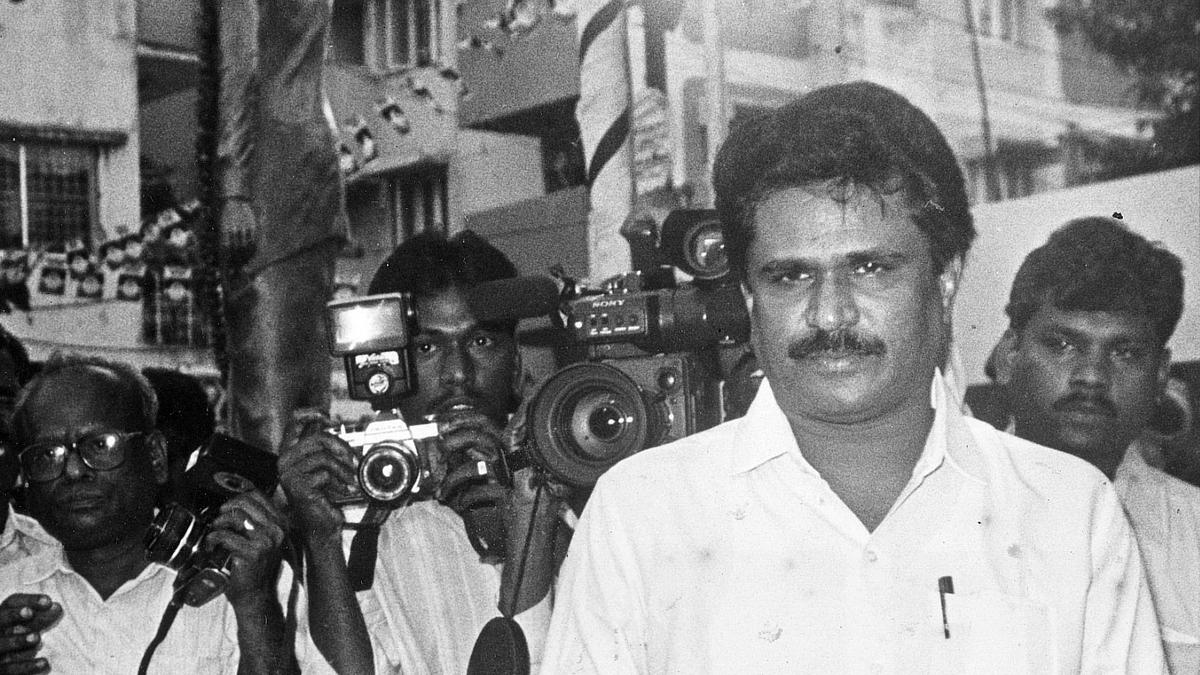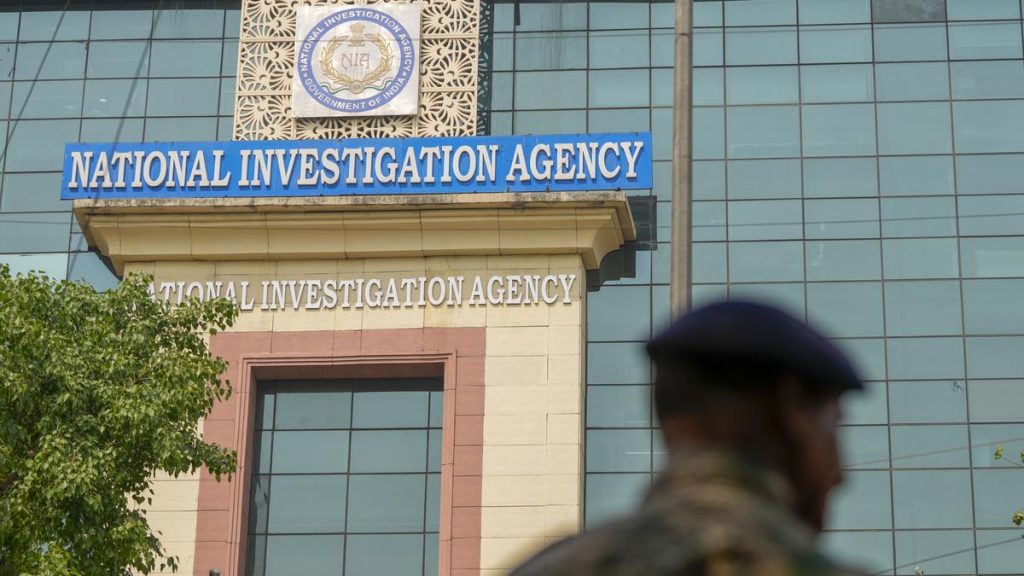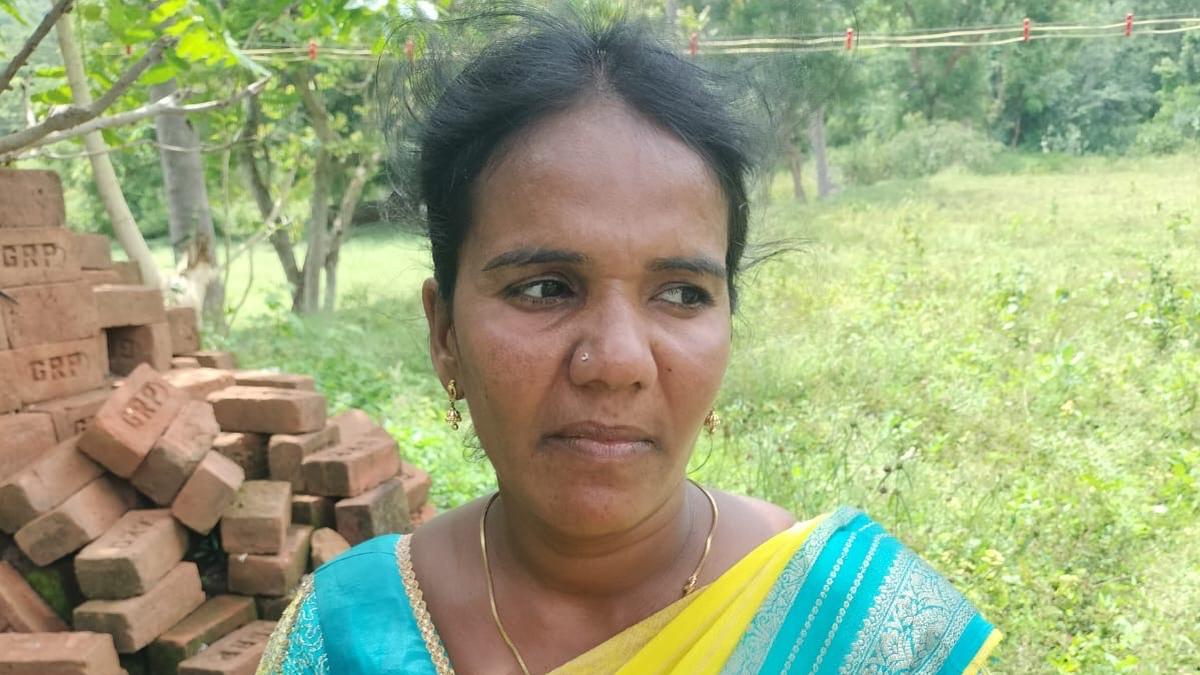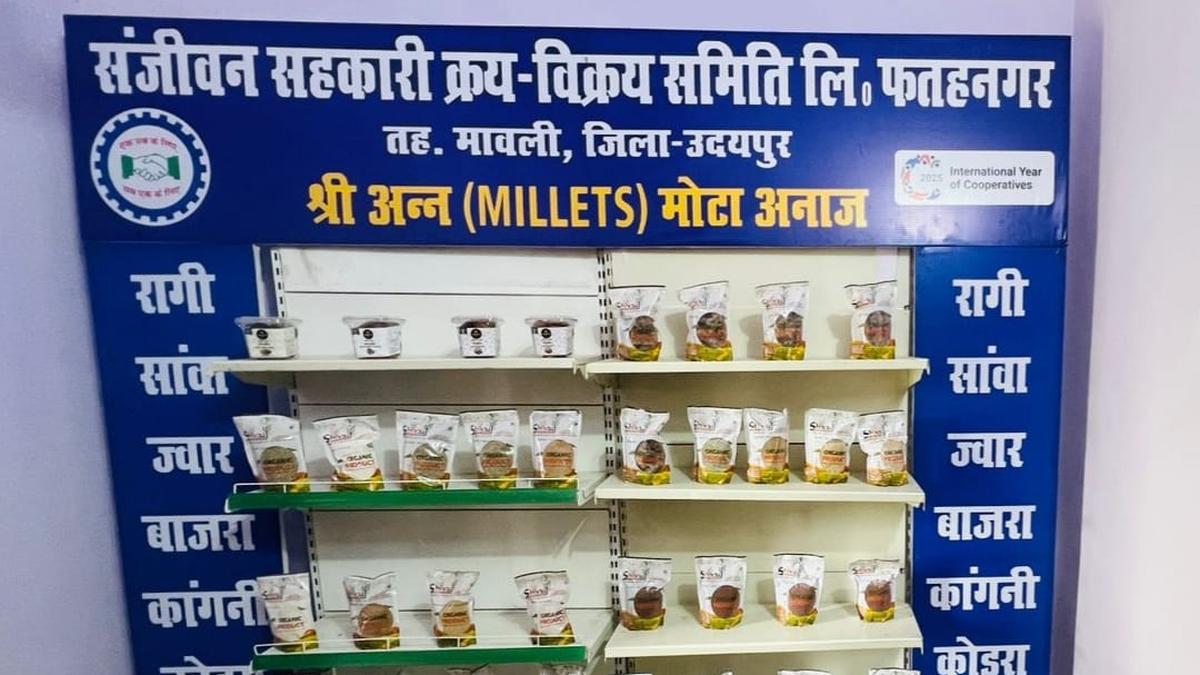Now Reading: Pudukottai Lok Sabha Bye-Election 1995: An Anticlimactic Outcome
-
01
Pudukottai Lok Sabha Bye-Election 1995: An Anticlimactic Outcome
Pudukottai Lok Sabha Bye-Election 1995: An Anticlimactic Outcome

Speedy Summary
- In Tamil Nadu, May 1995 was marked by tensions over the Pudukottai Lok Sabha bye-election following the death of Congress MP N. Sundararaj in 1994.
- The ruling AIADMK faced growing opposition due to perceived anti-democratic governance under CM Jayalalithaa, who severed ties with Congress in 1993.
- Amid internal splits within DMK and evolving alliances, a “common candidate” strategy emerged among opposition parties to contest the AIADMK’s nominee.
- S. Thirunavukkarasar was named as the “consensus candidate” after prolonged negotiations involving Congress factions and smaller regional parties.
- The DMK opposed backing a Congress-affiliated consensus candidate, suggesting willingness only for non-party-supported nominees or unanimous choices-this led to further friction among opposition leaders.
- On May 5, one day prior to nomination withdrawals, the Election Commission canceled bye-elections nationwide citing upcoming general elections in February 1996 at the Center’s request.
- this cancellation impacted alliance-building efforts and fostered political rifts between prominent players like Karunanidhi (DMK) and Thirunavukkarasar.
Indian Opinion Analysis
This episode highlights notable challenges India faces regarding coalition-building among fragmented political entities during contentious elections. Tamil Nadu politics of the mid-’90s mirrored broader national trends of volatile party dynamics post-Congress dominance. While efforts for a unified opposition against AIADMK showcased strategic maneuvering by smaller regional groups like MDMK alongside Congress factions, mistrust between major players like DMK underscored difficulties in achieving coherent coalitions.
The Election Commission’s decision to cancel bye-elections reflects governmental prerogatives influencing democratic processes-a move debated for either pragmatism or undermining electoral mandates. Energy spent on fractured alliances rather than policy dialogues illustrates persistent hurdles India’s democracy encounters amidst multi-party competition. In hindsight, this period also holds importance as key figures such as Thirunavukkarasar later pivoted alliances again-redefining thier roles within evolving TN political landscapes.
For more: Read More
Images included:
- Vaiko & Karunanidhi during an event (1989).
- S.Thirunavukkarasar (1982).
- Kumari Ananthan (2004).
- Thirunavukkarasar with Karunanidhi (2013).

























